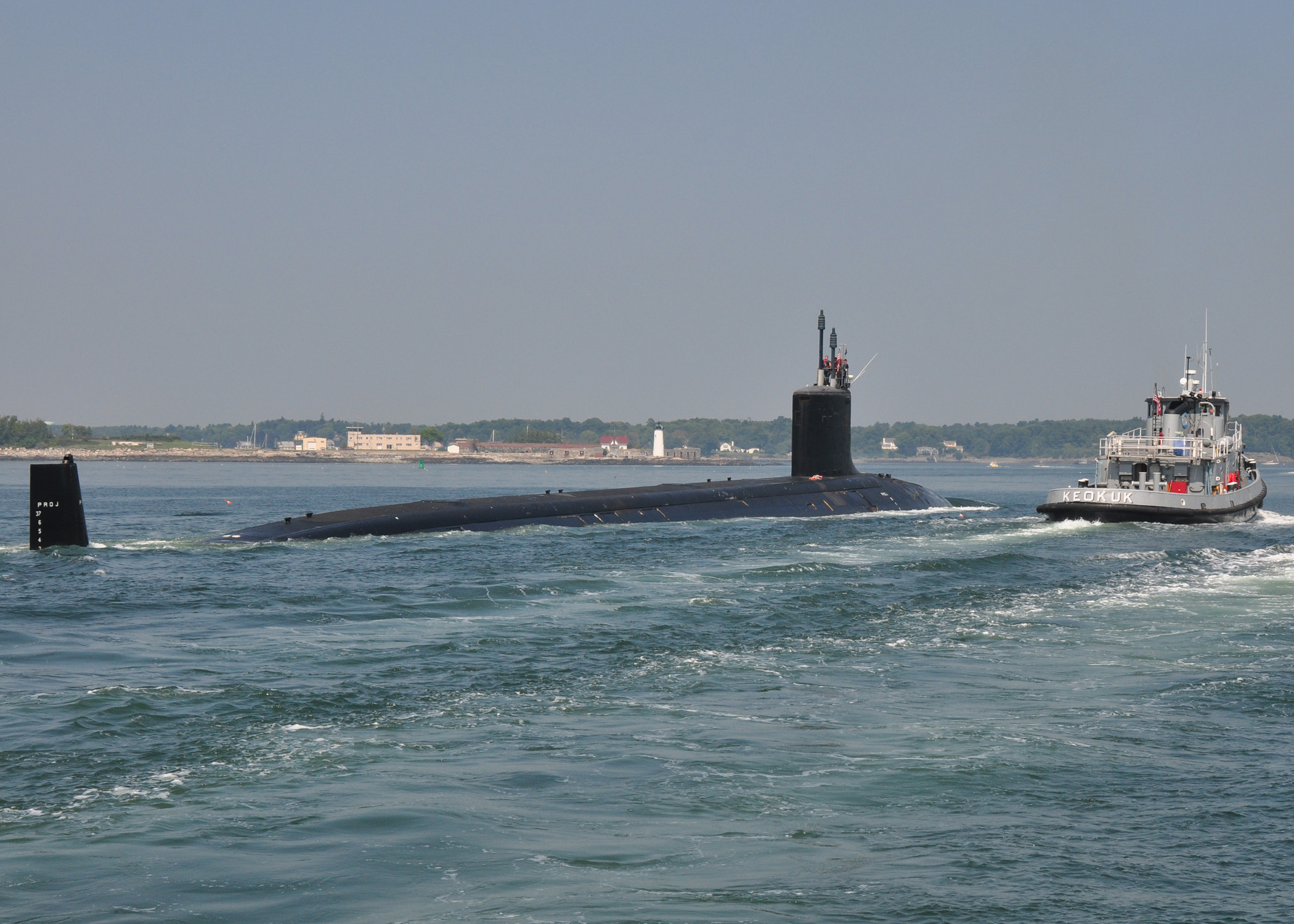More specifically, the US has a large number of strategic nukes that could be tactical that don’t get counted (AGM-86) and a tactical nuke that is sufficiently accurate it is strategic (B-61 mod12). If the current situation could be maintained it would be perfectly equitable and stable. China will be the huge destabilizing effect: the US will have to assume that it has to plan for nuclear war with Russia and China at the same time and so will have to keep expanding it forces, which will cause China to do the same and Russia to attempt to within its much more limited budget. This will pressure every other nuclear power as well, and likely create some new ones.
There will absolutely be a global nuclear arms race by 2030.
There will absolutely be a global nuclear arms race by 2030.

